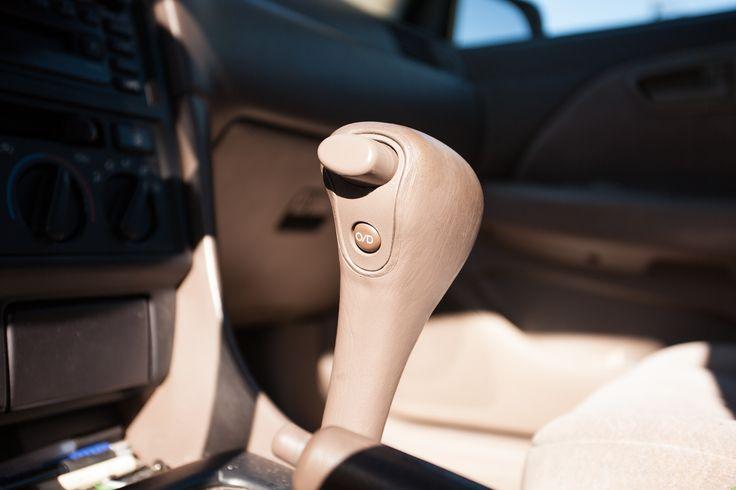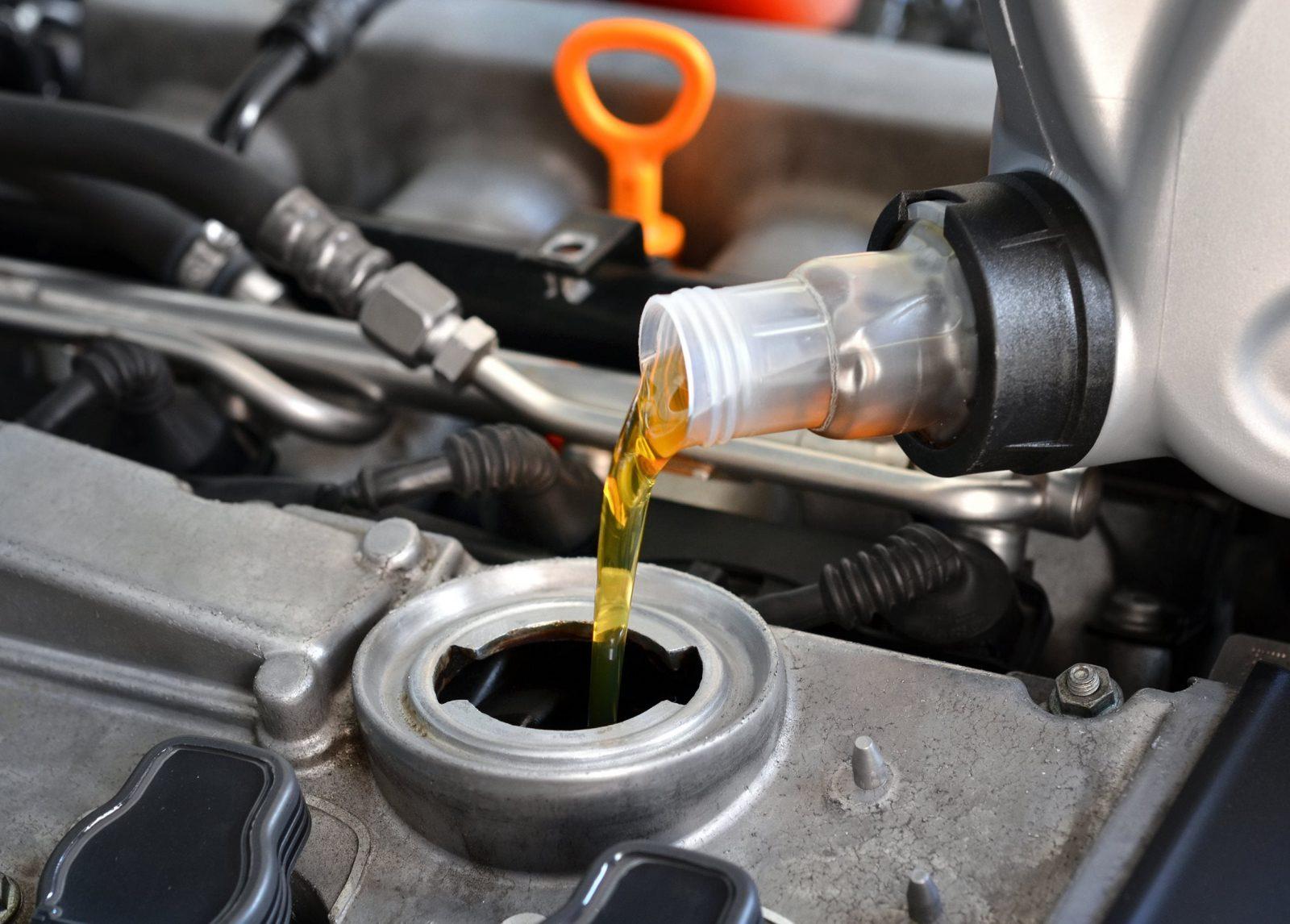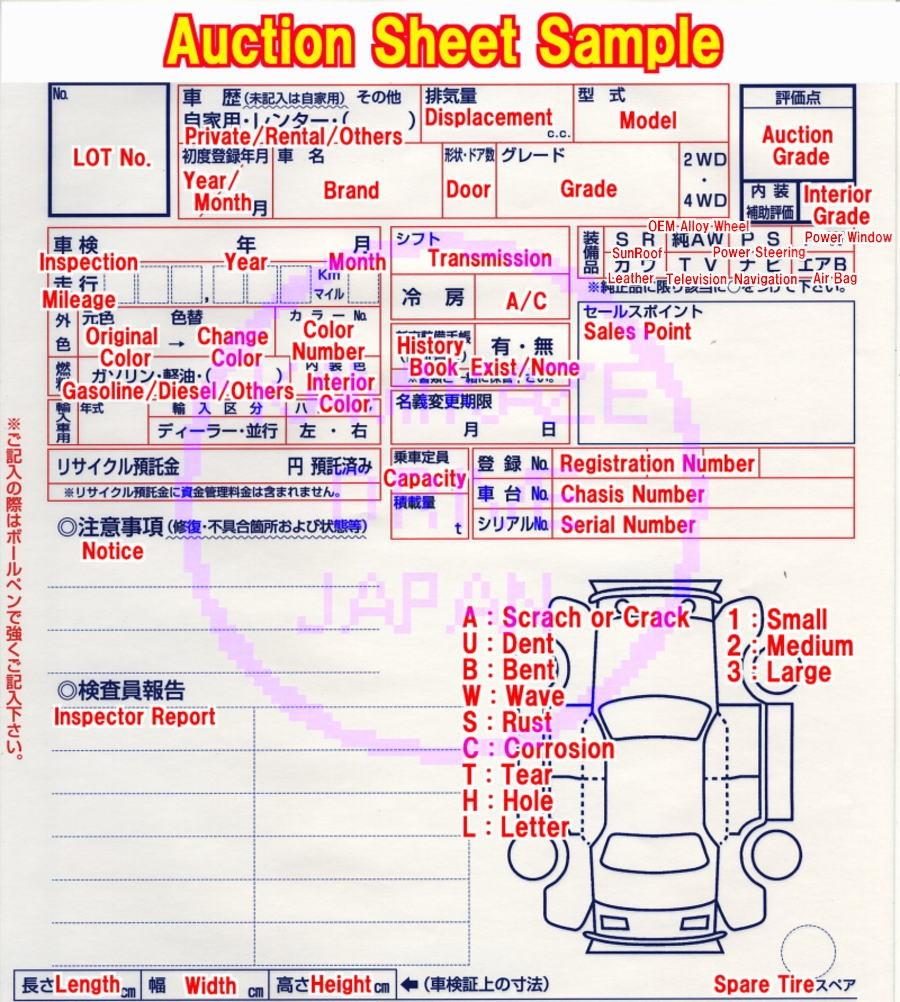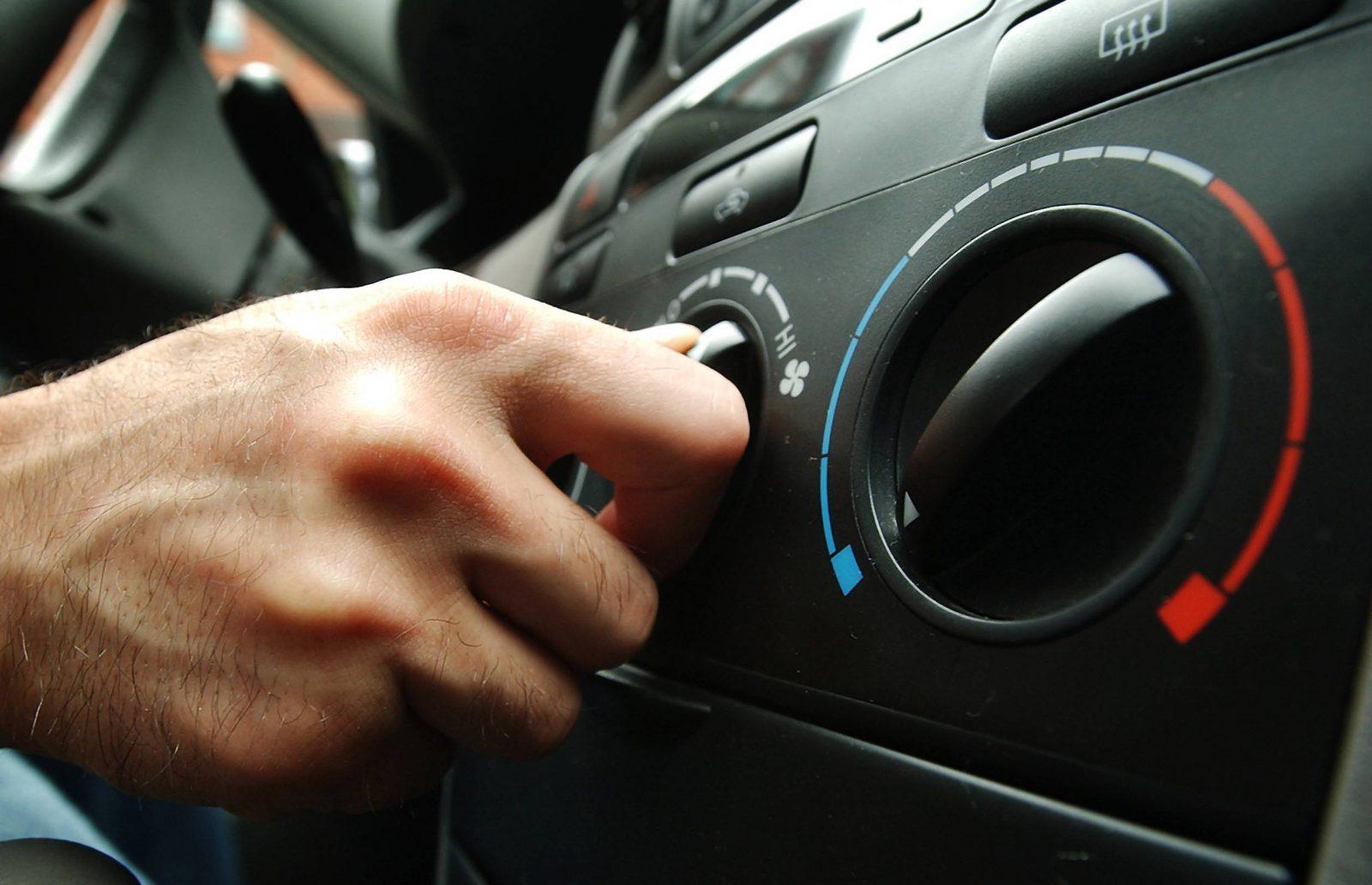Emission System Problem Honda Accord: Things To Notice
Emission system issues can affect the car’s performance, fuel efficiency, and ability to pass emissions testing required in many areas. Understanding the signs of emission system problem Honda Accord and how to address them is crucial for maintaining your car’s health and ensuring it meets environmental standards.
The Honda Accord is a popular and reliable vehicle choice for many drivers around the world. However, like any vehicle, it can encounter problems, including those related to the emission system!
Signs of Emission System Problems Honda Accord
Check Engine Light (CEL)
The Check Engine Light serves as an early warning system, indicating potential engine and emission system issues. When it illuminates, it signifies that the vehicle’s onboard diagnostics system has detected a malfunction.
This light can be triggered by a wide range of issues, from something as simple as a loose fuel cap to more complex problems like a failing oxygen sensor or catalytic converter. It’s essential to have the codes read by a professional or with an OBD-II scanner to pinpoint the exact issue.
Decreased Fuel Efficiency
A noticeable decrease in fuel efficiency can often be attributed to emission system problems. When components like the oxygen sensor, fuel injectors, or even the air filter are not functioning correctly, the engine may not run as efficiently, causing it to use more fuel.
This inefficiency can stem from the engine running too rich (too much fuel) or too lean (not enough fuel), both of which can impact fuel economy and emissions.

Rough Idling or Stalling
Emission system problems can disrupt the delicate balance of the air-fuel mixture required for smooth engine operation. If the mixture is incorrect, the engine may idle roughly, stall during operation, or have difficulties starting.
These symptoms can arise from issues with the vehicle’s mass airflow sensor, oxygen sensors, or even a clogged EGR valve, all of which are integral to maintaining the correct air-fuel ratio and efficient engine performance.
Unusual Noises
Another emission system problem Honda Accord we’d like to mention today is unusual noises. Rattling or knocking sounds, particularly from the exhaust system, can indicate a problem with the emission control system.
A common culprit is the catalytic converter. Inside the catalytic converter, a honeycomb structure coated with precious metals helps convert harmful emissions into less harmful gasses.
If this structure breaks down, you may hear a rattling noise. Additionally, a knocking sound can be a sign of pre-detonation or “knock,” often related to improper combustion processes exacerbated by emission system faults.
Unpleasant Smells
The emission system, particularly the catalytic converter, is designed to reduce the toxicity of gasses emitted from the engine. If the catalytic converter is failing or if there’s a leak in the exhaust system, it may produce a sulfuric or “rotten egg” smell.
This odor is a result of hydrogen sulfide gas not being converted into odorless sulfur dioxide. Breathing these odors can be unpleasant and potentially harmful over time, indicating the need for immediate smell inspection and control.

FAQs on Emission System Problem Honda Accord
1. Can a software glitch trigger an emission system warning in my Honda Accord?
Yes, software issues can sometimes cause false alarms or improper functioning of the emission control system.
In some instances, a simple software update provided by the dealership can resolve these errors, ensuring that the vehicle’s computer accurately monitors and controls emissions.
2. How does driving behavior influence emission system problems?
Aggressive driving, such as rapid acceleration and hard braking, can put additional stress on the emission control system, leading to increased wear and potential failures.
Conversely, consistent, moderate driving helps maintain the system’s efficiency and longevity.
3. Can aftermarket modifications affect my Accord’s emission system?
Installing aftermarket parts not approved or compatible with the Honda Accord’s emission system can lead to problems.
These modifications can alter the vehicle’s exhaust flow or engine management system, potentially leading to increased emissions, reduced performance, and triggering warning lights.
4. Is it possible for weather conditions to impact the emission system’s performance?
Extreme weather conditions, particularly cold temperatures, can affect the performance of the emission system.
Cold weather can increase the viscosity of fluids and may delay the optimal operation of catalytic converters, temporarily impacting emission levels.
5. Can a faulty fuel cap trigger an emission system warning?
Yes, a loose or damaged fuel cap can trigger an emission system warning light. The fuel cap seals the fuel system and maintains proper pressure within the fuel tank.
If it’s not sealing correctly, it can allow fuel vapors to escape, which are detected by the vehicle’s evaporative emission control system.
6. How do I know if my emission system problem is severe?
The severity of an emission system problem can vary. If the warning light is flashing, it typically indicates a more serious issue that requires immediate attention.
Additionally, any noticeable decrease in performance, unusual noises, or smells should prompt a swift diagnostic check.
7. Will driving with an emission system warning light on cause damage to my Honda Accord?
Continuing to drive with the emission system warning light on can lead to further damage to the vehicle’s emission control system and potentially other components.
It’s advisable to get the vehicle checked as soon as possible to prevent more extensive repairs.
8. Can a dirty engine air filter lead to emission system problems?
A clogged or dirty air filter can restrict airflow to the engine, affecting the air-fuel mixture. This imbalance can lead to inefficient combustion, which may increase emissions and trigger the emission system warning light.
9. What role does the EGR (Exhaust Gas Recirculation) valve play in emission control, and what happens if it fails?
The EGR valve helps reduce nitrogen oxide emissions by recirculating a portion of the exhaust gasses back into the combustion chambers.
If the EGR valve fails, it can lead to increased emissions, engine knocking, and reduced fuel efficiency. A malfunctioning EGR valve needs to be addressed promptly to maintain the vehicle’s emission standards.
10. How can a malfunctioning thermostat impact the emission system?
A faulty thermostat that causes the engine to run too cool can prevent the catalytic converter from reaching its optimal operating temperaturThe Honda Accord is a popular and reliable vehicle choice for many drivers around the world.
However, like any vehicle, it can encounter problems, including those related to the emission system.e, which is necessary for reducing harmful emissions.
Consequently, this can lead to increased pollutant emissions and potentially trigger emission-related warning lights.
Check out this video from Big Dog50001 Automotive to learn an easy way to verify whether the emission monitors have run on a Honda!
Conclusion
Understanding these less common aspects of emission system problem Honda Accord can help owners maintain their vehicle’s performance and compliance with emission standards.
Proactive care, along with attentive response to any warning signals, ensures the longevity and reliability of the vehicle’s emission control system.














